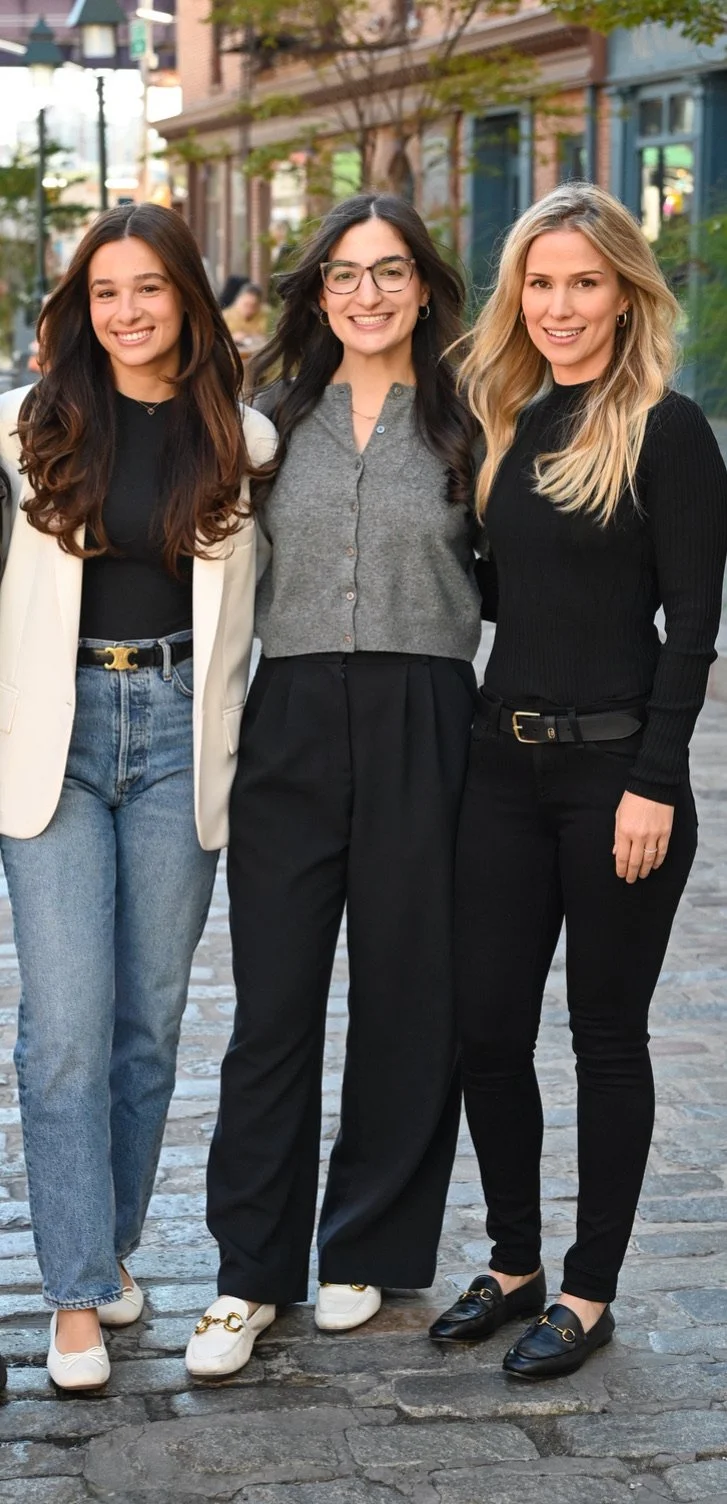
Approach
At Be You Psychotherapy, a boutique private practice in NYC, we offer personalized, evidence-based therapy designed to support your emotional well-being and personal growth.
We work collaboratively with individuals, couples and groups to help you achieve your therapeutic goals through a compassionate, authentic approach that emphasizes the power of the therapist-client relationship—where you feel truly seen, supported, and understood by your therapist.
Our licensed therapists use an integrative, strengths-based, and client-centered model, tailoring each session to your unique needs and life experiences. By combining proven therapeutic methods—such as Emotionally Focused Therapy (EFT), Cognitive Behavioral Therapy (CBT), and mindfulness-based approaches—with the safety of a genuine connection, we help you navigate life transitions, deepen relationships, and align with your truest self.
The integrative approach includes the following modalities:
-
Cognitive Behavioral Therapy (CBT) is an evidence-based modality that focuses on the effects our thoughts have on our feelings and consequently, our behaviors. It aims to help clients challenge, reframe and refocus their thoughts in healthier, more productive ways. Within this modality, Exposure and Response Prevention Therapy (ERP) is also utilized to treat OCD and other anxiety-related conditions by gradually exposing individuals to triggering stimuli.
-
Emotionally Focused Therapy (EFT) is an evidence based approach that helps people strengthen their emotional bonds and feel more secure in their relationships. EFT focuses on the patterns that keep you stuck, and explores the emotions underneath—especially the ones that are harder to express. By understanding these emotions and sharing them in new ways, you can reconnect and feel closer, safer, and more supported.
-
The Gottman Method is a research based approach to couples therapy that aims to improve verbal communication, increase intimacy, respect and affection, remove barriers to conflict resolution and create more empathy and compassion within relationships.
-
Accelerated Experiential Dynamic Psychotherapy (AEDP) is an emotions based and evidence based approach to psychotherapy. AEDP offers clients a safe space to process overwhelming emotions associated with trauma through a corrective emotional and relational experience with a therapist. AEDP emphasizes the importance of a safe, strong and active therapeutic relationship. This approach aims to leave clients feeling self-compassion, a greater sense of self, and connectedness to themselves and others around them.
-
Acceptance and Commitment Therapy (ACT) is an evidence based approach that uses acceptance and commitment strategies to increase psychological flexibility and one's ability to tolerate discomfort. Instead of trying to eliminate difficult thoughts or feelings, ACT helps clients make space for them while staying connected to what truly matters to the individual. Through mindfulness and values-based actions, clients can begin to live a more meaningful and fulfilling life—even in the presence of pain or challenge.
-
Rational Emotive Behavior Therapy (REBT) is an evidenced-based approach that aims to address distorted thoughts that lead to emotional distress and introduces healthier alternatives. By identifying unhelpful beliefs and challenging them, REBT helps clients respond to life’s challenges with greater clarity, balance, and resilience.
-
Dialectical Behavior Therapy (DBT) is an evidence-based form of CBT that focuses on mindfulness, interpersonal effectiveness, distress tolerance and emotion regulation skills. These skills can help you better understand and manage overwhelming emotions, improve your relationships, and respond more effectively in difficult situations.
What you can expect in sessions:
• We stay in the present.
• We may laugh, cry, curse, yell and smile together.
• We notice emotions within our bodies (ex. tension, heaviness, energy, etc.)
• We focus on holistic wellness, which means we don't just talk about mental health (there are actually 7 other dimensions of wellness!).
• We have real conversations about what is actually happening in your life - authentic, honest, and unfiltered.
• We share our own experiences and emotions too - we’re not just passive listeners. You’re not alone in this.
• You will gain resources, tools and skills to help you slow down your mind and more effectively communicate your needs.
• You will be challenged, you will grow, you will feel empowered and transform!





